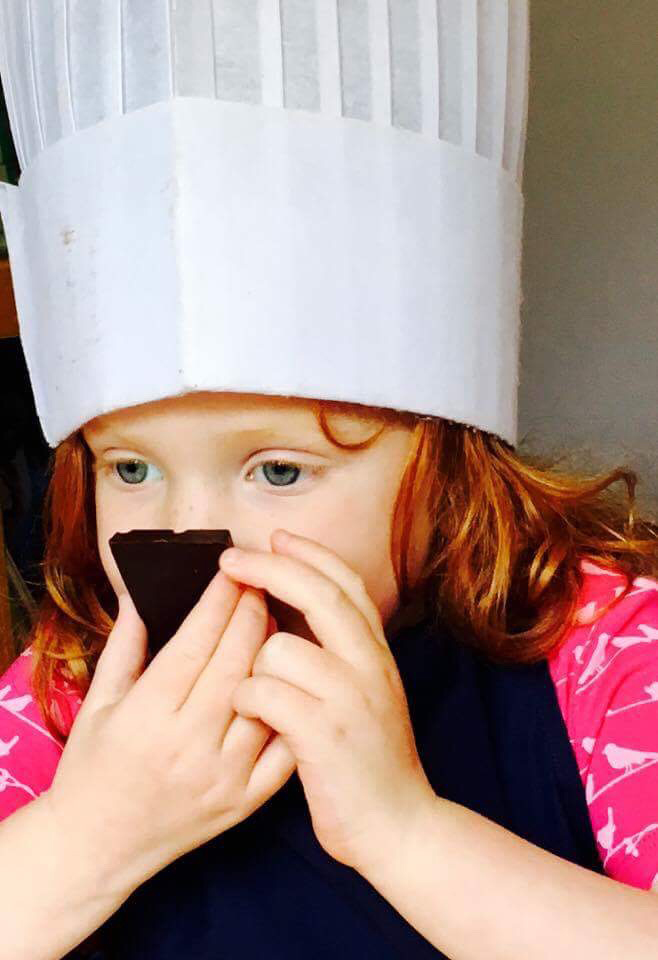1. Tipping with Thoughtfulness
In the world of travel, tipping is a common practice, and in Ghana, it's no different. However, there's a cultural twist. While travel guides appreciate tips, it's important to note that Ghanaians don't generally expect tips in bars and restaurants.
On the other hand, In the community if someone offers to carry your bags, it's not a sign of subservience but a gesture of hospitality. Politely accepting can go a long way in fostering a positive connection.
2. The Hand You Use Matters

Embrace the custom of eating with your right hand, especially during soup-based meals paired with starchy staples like fufu or banku.
3. Thumbs Down to Thumbs Up
A thumbs-up gesture might symbolize approval elsewhere, but in Ghana, it communicates disrespect, especially if it's directed at someone. To avoid misunderstanding, it's wise to steer clear of this gesture during your interactions.
4. Aroma Etiquette
As a chef, you're well aware of the importance of smelling food before serving. However, in Ghana, it's regarded as impolite among various cultural groups. While it's an essential culinary practice, it's advisable to refrain from this while in Ghana to avoid any unintended discomfort.
5. Singing in Silence
If you find yourself staying in a traditional rural home, your singing prowess might not find an appreciative audience during your bucket bath. Singing while bathing might raise eyebrows, especially among older women in rural communities. While it might not be a punishable offense, it's a cultural nuance worth being mindful of.
6. Sacred Rest Days
Ghana's cultural diversity extends to its sacred days. Many ethnic groups observe specific days reserved for spirits and gods. For instance, a cocoa farmer refrains from working on Fridays, a day reserved for spiritual rest. Similarly, fishermen avoid the waters on certain days to avoid encountering troubles at sea. This deep-rooted tradition reflects the respect Ghanaians have for their spiritual beliefs.
.jpeg)
7. Handshake Protocol
Handshaking is a common practice in Ghana, especially during greetings at cultural events. A noteworthy custom is to start shaking hands from the right to the left, a sign of respect towards elders and chiefs. Even as this custom evolves, particularly at formal events, adhering to this protocol reflects your cultural sensitivity.
In Conclusion, Your Cultural Journey Matters
As a traveler, immersing yourself in the culture of a foreign land is a rewarding endeavor. The unique customs and traditions of Ghana provide insights into the soul of the nation. By embracing these cultural do's and don'ts, you not only prevent any potential embarrassment but also show respect for the Ghanaian way of life. So, as you step onto the Ghanaian soil, armed with this newfound cultural knowledge, you're primed to explore and connect with this captivating country in a profound and meaningful way.


